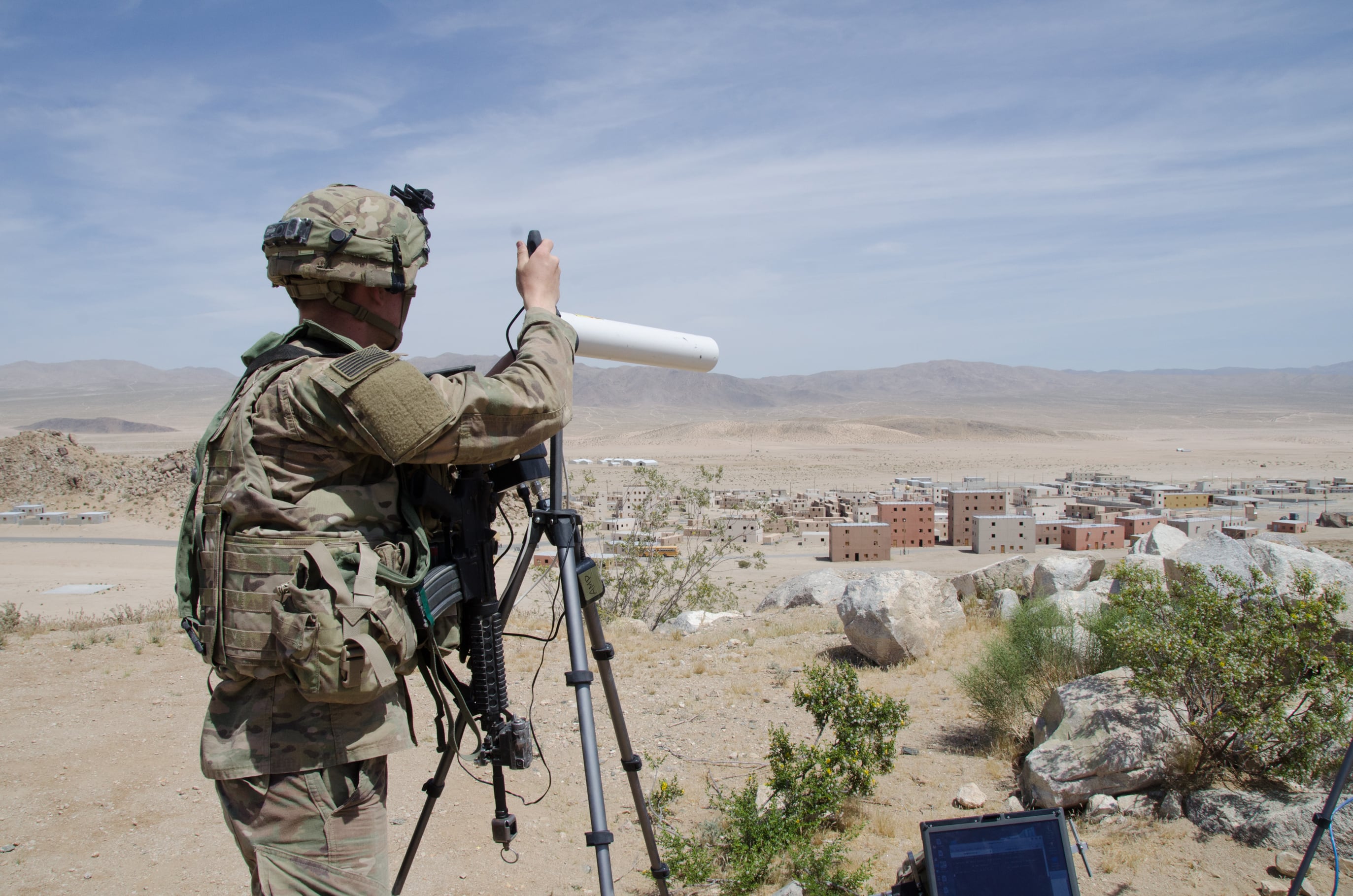Funding won’t help the military achieve dominance in electronic warfare unless the Department of Defense has the right strategy, a leading congressman on the topic said Oct. 30.
“I’ve never thought EW would be equal when it comes to budget. But it should have equality when it comes to doctrine and a strategy,” Rep. Don Bacon, R-Nebraska, told reporters at the Association of Old Crows International Symposium Oct. 30. “The money part of it is secondary right now. If you don’t have a doctrine, you don’t have leadership at the right areas, you don’t have the structure in the department, what you buy will be wrong and it will be wasted.”
Bacon, a former Air Force one-star general who specialized in electronic warfare during his service, has been one of the most vocal congressional advocates for reinvigorating the Department of Defense’s electronic warfare prowess.
In last year’s defense policy bill, Congress directed the department to create a cross-functional team at the Pentagon focused on creating an electromagnetic spectrum superiority strategy.
The team’s strategy lead agrees with Bacon’s view on strategy versus materiel.
“We have to start creating those ground-up approaches of building that joint force as a coherent fighting unit and not as disparate capabilities come together once they get deployed and all of a sudden the joint force is going to work fine,” Lt. Col. David Mueller, said at the same conference Oct. 29.
This all works fine with ships or airplanes, he said, but when you need all the spectrum dependent systems to cooperate with each other, it can’t wait to come together at a training event or worse, when they’re deploying to a battlefield.
“Those things have to be part of a design that starts from the very beginning of the acquisition process,” Mueller said.
On the doctrine side, Bacon said it’s important to outline what DoD wants to do in the spectrum.
“The EMS is a physical domain that we want to have superiority [in] just like we do with air, sea, ground and space and cyber. I don’t think we have settled it that clearly, but it needs to be that clear,” he said.
Mueller stressed that superiority in the other war fighting domains rests on superiority in the electromagnetic spectrum.
“In modern warfare, with a modern force, with the adversaries we’re going to face, and with the force we intend to wield as [a] joint force, notions of air superiority, notions of maritime superiority, they are not possible without control of electromagnetic spectrum,” he said.
In addition, Bacon noted the department needs to identify the right leaders to oversee electronic warfare from the Pentagon, through the combatant commands and the services.
“I want to know: who do I ring up if things aren’t working right for EW," he said.
In the Air Force, Bacon said they have identified an official on the plans staff within headquarters Air Force who will take the EW reins.
At the Office of the Secretary of Defense level, based on his understanding, the department wants to have a senior official such as an assistant secretary, but Defense leaders are debating who will lead in electronic warfare.
Mark Pomerleau is a reporter for C4ISRNET, covering information warfare and cyberspace.








